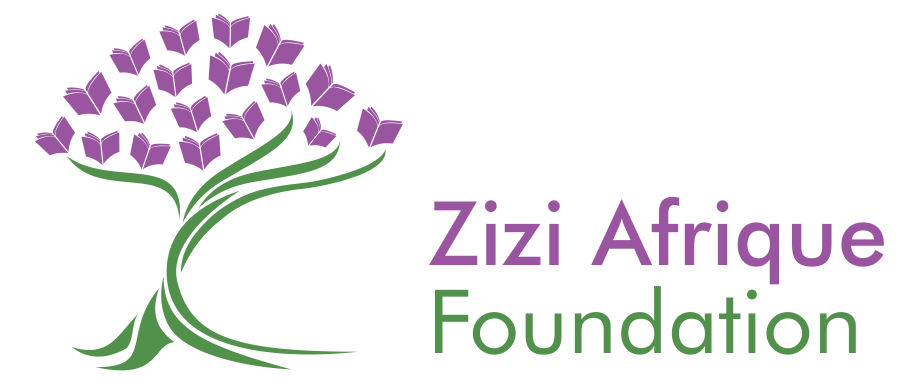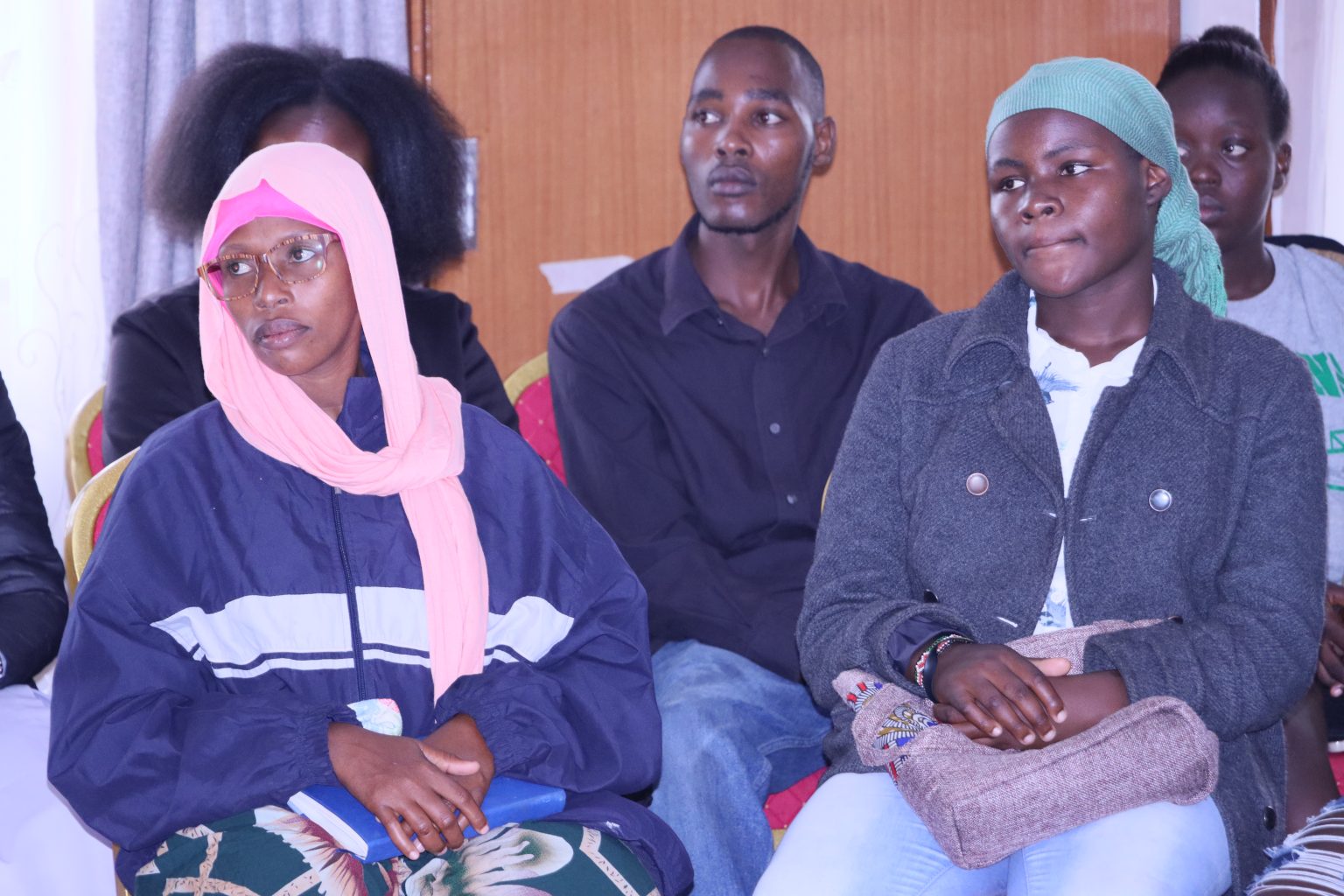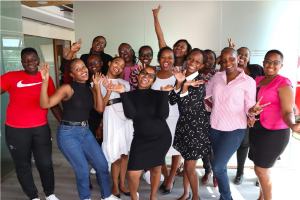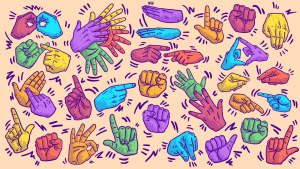In our pursuit of educational excellence, the prevailing disparities in educational opportunities must be addressed. Traditionally, scholarships and sponsorships have been directed towards top-performing students, as seen in the 2023 KCPE (Kenya Certificate of Primary Education) and KCSE (Kenya Certificate of Secondary Education) exam results. Only 0.60% of the 1,406,557 candidates scored above 400 marks, and 24.92% scored above 300 marks, making up a total of 25.52% at both levels. In 2023 KCSE only a paltry 22.27% of the 899, 453 students scored a grade C+ and above required for direct entry to universities (KNEC 2023). Despite their diverse backgrounds, the high-scoring students typically receive most scholarship awards.
While there are reasons behind this tradition, it is crucial to consider the fate of students facing challenges that may hinder their academic progress. Are we unintentionally making it harder for them? There is a need to shift the focus to students who did not score above the pass mark (250 marks) during the primary transition to secondary school or those who did not achieve the required university entry grade of C+ and above. Many of these students are genuinely eager to learn but often miss out on opportunities, because of their examinations results which are used as a yardstick in evaluating whether one qualifies for any support. The term ‘Needy and deserving’ has been in use now for too long and implies that even among the poorest, only those who perform well deserve support. This goes against the whole idea that education is a universal right which should be enjoyed by everyone.
While there are reasons behind this tradition, it is crucial to consider the fate of students facing challenges that may hinder their academic progress. Are we unintentionally making it harder for them? There is a need to shift the focus to students who did not score above the pass mark (250 marks) during the primary transition to secondary school or those who did not achieve the required university entry grade of C+ and above. Many of these students are genuinely eager to learn but often miss out on opportunities, because of their examinations results which are used as a yardstick in evaluating whether one qualifies for any support. The term ‘Needy and deserving’ has been in use now for too long and implies that even among the poorest, only those who perform well deserve support. This goes against the whole idea that education is a universal right which should be enjoyed by everyone.
As Kenya’s education system evolves, it is essential to rethink the higher education funding approach. Fairness to everyone, regardless of academic achievements, should be a priority. The question arises: should we qualify students for scholarships based on grades or their need to progress academically, and the challenges they face? After all, evidence has shown that children from marginalized areas, poor households and other crisis situations are most likely to perform poorly. It is also true that some students who have been supported in the past due to their performance only ‘squander’ the scholarships and fail to pursue courses they received scholarships for, both here at home and abroad. Meanwhile, there are a whole lot of needy yet not so ‘brainy’ students who are eager to gain a skill and contribute to the development of this great nation but are constrained by their empty pockets!
There is an urgent need to review scholarship awards. It should be an equalizing scale to provide opportunities for those with and without high academic grades. After all, education should be equipped and not marginalized. This entails creating a system that helps individuals reach their potential beyond relying solely on test scores or specific grades.
Beyond being mere buzzwords, #equity and #fairness should guide our actions in academic scholarships and sponsorships.
Instead of relying only on test scores, schools can use different methods to assess students’ potential. How about holistic assessments, interviews, and personal statements, or individual skill development plans? These may offer a wider view into a student’s abilities, their love for learning, and their determination to live their dreams, irrespective of life’s challenges. By looking at these things, we may just discover tall talents that may not surface in academic (exam) scores. Take the example of Tenda Wema- an initiative, which scouts for students who are willing to gain a skill but are not in the ‘A’ or ‘B’ cluster. The initiative, which is hosted by Zizi Afrique Foundation, aims to support 100 students this year through its annual fundraisers. Tenda Wema is worth supporting if not emulating! To make education accessible for everyone, strong support systems need to be in place to help all students. Programs like mentoring, tutoring, and counseling may help boost the progress of students who may be lagging in matters of academics. Creating pathways for growth for all students requires concerted efforts from the home environment, school communities, policymakers, and development partners. As we warm up to the competency-based curriculum, we also need to embrace a shift in scholarships and sponsorship programs. Inclusivity in education is not pegged on the integration of learners with special needs but also on the positive progression of learners who may not have great grades to write home about.
There is an urgent need to review scholarship awards. It should be an equalizing scale to provide opportunities for those with and without high academic grades. After all, education should be equipped and not marginalized. This entails creating a system that helps individuals reach their potential beyond relying solely on test scores or specific grades.
Beyond being mere buzzwords, #equity and #fairness should guide our actions in academic scholarships and sponsorships.
Instead of relying only on test scores, schools can use different methods to assess students’ potential. How about holistic assessments, interviews, and personal statements, or individual skill development plans? These may offer a wider view into a student’s abilities, their love for learning, and their determination to live their dreams, irrespective of life’s challenges. By looking at these things, we may just discover tall talents that may not surface in academic (exam) scores. Take the example of Tenda Wema- an initiative, which scouts for students who are willing to gain a skill but are not in the ‘A’ or ‘B’ cluster. The initiative, which is hosted by Zizi Afrique Foundation, aims to support 100 students this year through its annual fundraisers. Tenda Wema is worth supporting if not emulating! To make education accessible for everyone, strong support systems need to be in place to help all students. Programs like mentoring, tutoring, and counseling may help boost the progress of students who may be lagging in matters of academics. Creating pathways for growth for all students requires concerted efforts from the home environment, school communities, policymakers, and development partners. As we warm up to the competency-based curriculum, we also need to embrace a shift in scholarships and sponsorship programs. Inclusivity in education is not pegged on the integration of learners with special needs but also on the positive progression of learners who may not have great grades to write home about.






